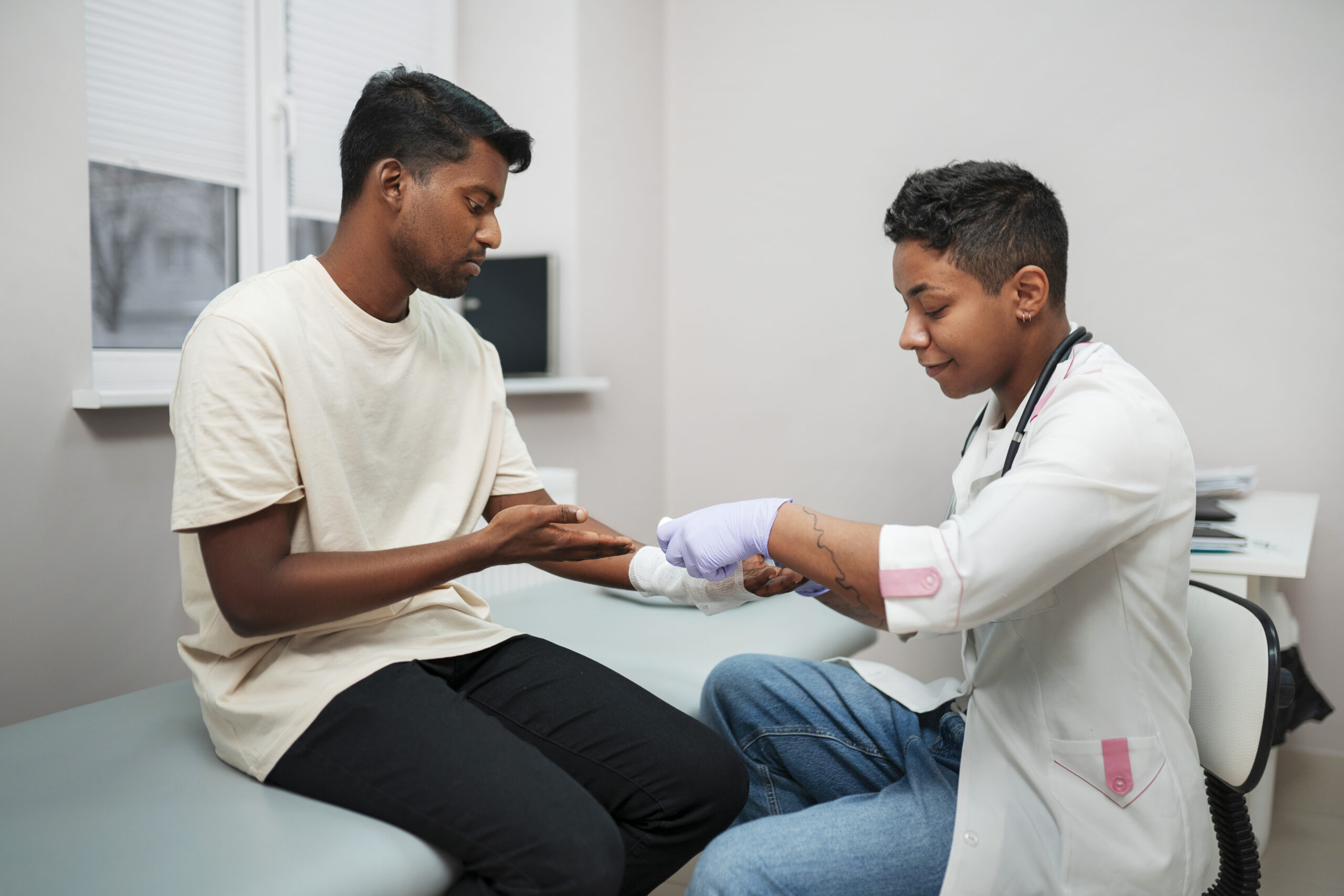
Men’s health screenings are essential at every stage of life, offering early detection and prevention of potential health issues. At first Lithonia medical center we aim to improve men’s healthcare in Atlanta This decade-by-decade guide outlines the key screenings men should consider to maintain optimal health.
20s: Establishing a Healthy Foundation
In their 20s, men should focus on establishing a strong foundation for lifelong health. Annual physical exams are crucial, even if you feel healthy. These checkups help monitor vital signs like blood pressure, heart rate, and cholesterol levels. Blood tests for diabetes, high cholesterol, and sexually transmitted infections (STIs) are also recommended. Mental health is equally important—don’t hesitate to discuss stress, anxiety, or depression with your doctor.
30s: Monitoring Key Health Indicators
As men enter their 30s, maintaining the healthy habits established in their 20s becomes even more critical. Continue with annual physical exams and routine blood tests. At this stage, screenings for cholesterol levels and blood pressure become more important, as these are indicators of potential cardiovascular issues. If you have a family history of heart disease or diabetes, discuss with your doctor about starting earlier screenings for these conditions. Additionally, regular skin checks for moles and lesions are recommended to catch early signs of skin cancer.
40s: Focusing on Preventive Care
In your 40s, preventive care becomes a priority. Men should continue with the screenings from their 30s, but also add screenings for prostate health. A Prostate-Specific Antigen (PSA) test and a digital rectal exam (DRE) are recommended to detect early signs of prostate cancer. If you have a family history of colon cancer, you may need to start colon cancer screenings with a colonoscopy. Regular eye exams should also be added to your routine to check for vision problems and early signs of glaucoma.
50s and Beyond: Comprehensive Health Monitoring
By the time men reach their 50s, health screenings should become more comprehensive. Continue with all previous screenings but add more frequent checks for prostate and colon cancer. Colonoscopies are generally recommended every 10 years starting at age 50, but your doctor may suggest more frequent screenings based on your health history. Bone density tests should also be considered, especially if you have risk factors for osteoporosis. Heart health becomes a major focus, with screenings for cardiovascular disease, including stress tests and advanced cholesterol testing.
Conclusion
Regular health screenings are a critical part of maintaining good health and detecting potential problems before they become serious. By staying proactive and keeping up with these screenings at every decade, men can significantly reduce their risk of developing chronic conditions and ensure they live a healthier, longer life. It is important to ensure that men’s healthcare in Atlanta is necessary. Remember, early detection is key to effective treatment, so make sure to schedule your screenings regularly. For expert care and comprehensive screenings, book an appointment with this link: healow – Health and Online Wellness. To read our last blogpost on essential health screenings for women, click on this link: Essential Health Screenings for Women. – First Lithonia Medical Center

